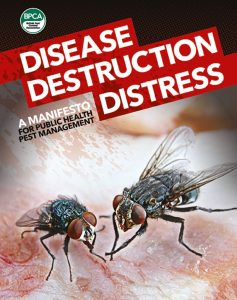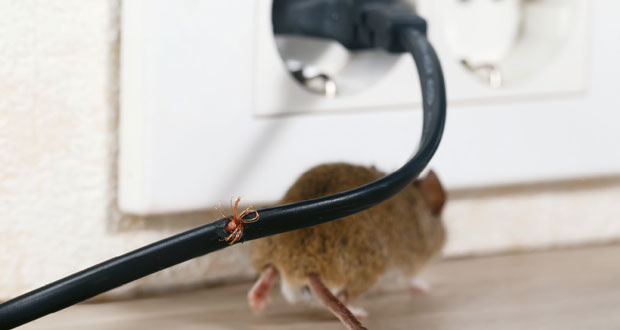 In the wake of the general election, Ian Andrew, Chief Executive, British Pest Control Association (BPCA) sets out its policy details for the new Labour Government
In the wake of the general election, Ian Andrew, Chief Executive, British Pest Control Association (BPCA) sets out its policy details for the new Labour Government
The British Pest Control Association (BPCA) has called on the new UK government to continue conversations around pest control following the general election. The Association had published a manifesto in June, highlighting restrictions on control methods, restraints on innovation and a lack of understanding of pest control that can put homes and businesses at risk.
The document called for politicians to prioritise public health and reduce the distress, disease and destruction caused by inadequate pest control.
Underpinned by briefing documents, recommendations and key statistics, the manifesto offers politicians, civil servants and stakeholders clear insights into pest management and the role BPCA members play in protecting public health.
BPCA’s four key policy recommendations are:
- Protect homes from pests
- Innovate through chemical regulation
- Restrict professional tools to professional users
- Drive the TrustMark scheme
For facilities managers, BPCA’s proposals around the pest control ‘tool kit’ are key, as the Association seeks to ensure professional-use products remain available to pest professionals and avoid the risks posed by untrained usage.
 Following successful lobbying of ministers, Defra confirmed changes to the new licensing regime for glue boards.
Following successful lobbying of ministers, Defra confirmed changes to the new licensing regime for glue boards.
Members of BPCA widely agree that a licensing scheme for the industry is long overdue, but many have concerns over the new legislation restricting the use of glue board use.
BPCA’s Chief Executive, Ian Andrew said: “While we’re pleased our concerns were finally acknowledged, we don’t believe these changes go far enough.
“While we welcome a practicable licensing scheme for pest professionals, what has been proposed, with limited consultation only six weeks before implementation, has glaring faults, assumptions and omissions.
“Allowing glue boards to be used in food production sites shows an understanding that they are essential to public health, but whether that site distributes nationally should not be the deciding factor in whether glue boards can be used.
“We’d have liked to see the class licences expanded to include all food sites so pest professionals could continue to rapidly protect public health, without waiting many days for their individual licences to be approved by Natural England.
“The risk of rodent infestation and its impact on public health does not diminish once food leaves a production facility.
“Those risks are still present as food moves through the supply chain and businesses will likely have to close for numerous days in order to keep their customers safe.
“Additionally, we fear the high costs of these licences will make it harder for smaller businesses to keep the public safe.”
As part of its manifesto, BPCA set out an alternative format – equivalent to the voluntary standards its members already adhere to – that would require all pest control professionals to be licensed to practice.





